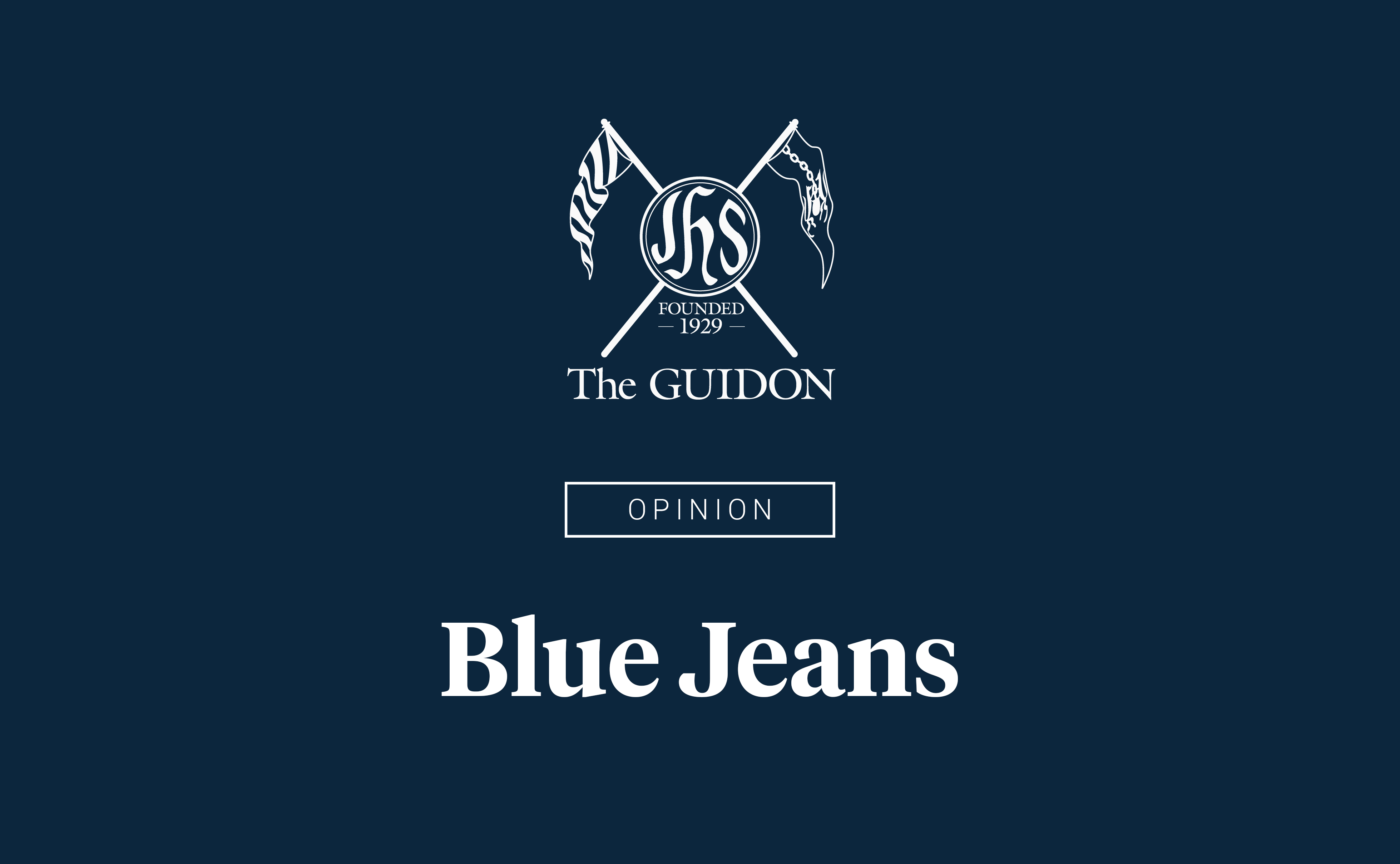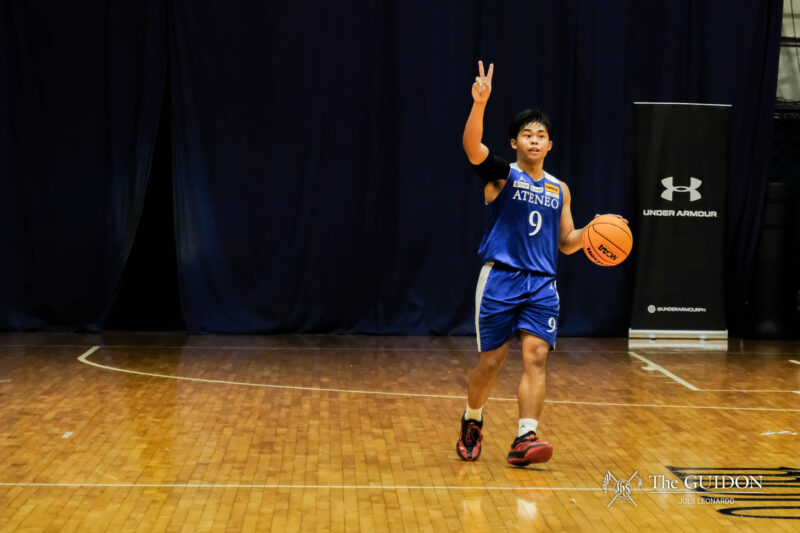If you ask a man what he does to keep safe at night then ask a woman the same question, you are likely going to get two vastly different answers. The way men can walk the streets at night without fear—not thinking twice about buying pepper spray and not having to check their drink after momentarily looking away—are but a few of the many privileges men can afford. This privilege is a culture. Men benefit from it all the time but the question is: What does that then mean?
It took me more than two years to realize this privilege. Before Grade 12, I sat down for an interview about becoming the head of Ateneo Senior High School’s (ASHS) Lakambini, a committee for Sexual Orientation, Gender Identity and Expression (SOGIE) Equality and Women Empowerment. At that point in my life, I was blissfully unaware of what it truly meant to become the head of such an organization. How I thought I was going to get the position hinged on the idea that I was committed to the advocacy. Thus, I was at every workshop and activity on SOGIE and gender education.
Then, when I didn’t get the position, it made me wonder about whether commitment was enough. Was being active in Lakambini the best way to lead it? Given that Lakambini was created as a response to the harassment of women in the new co-educational ASHS, what does the Punong Lakambini title mean? I asked myself: What kind of stake do I have in this advocacy? What can I do?
When I reflect on my position as a queer man in this advocacy, I am only a part of its whole—my time in the advocacy makes no exception to that. I am still a man kahit balibaliktarin pa natin ang mundo (even if we turn the world upside down). Thus, being committed only goes as far as gaining a certain understanding of what it means to be in this advocacy. Despite being an ally and no matter how many times I listen to women’s experiences and stories, I will never really know what it means to be a woman. What I do and what I ought to do will never allow me to genuinely and completely understand the plight of women.
The truth is that the safe spaces advocacy must go beyond commitment and righteousness. The very privilege that we have must help root this advocacy in a kind of justice that serves the marginalized and the oppressed. We need to realize that the recognition of men’s privilege is a key factor in institutionalizing change and instilling justice.
It is through this that the advocacy goes beyond legal systems and becomes imbued into our very own spaces. It becomes justice that uplifts women’s voices and finally lets them take control of their narrative. Alternatively, when we become so fixed on serving as the voice and representative of their struggles, we end up speaking over them. We take away the autonomy they have and rob them of their stories.
The social media world has been witness to many of these issues and concerns. For the sake of righteousness, we tell survivors’ stories to call out athletes and personalities. Yet, we tend to do so irresponsibly. At times, women’s stories are treated like commodities—for “tea” or spite—and use them without their consent.
Heinous as we think people are, we must not speak over survivors—even with the number of allegations. Their stories matter. But, if it is not their voice that speaks, we are no different than those who have silenced them. It is the very reason why we must uplift women and listen to their stories—just as this advocacy is founded on freedom and justice.
Safe spaces is a decades-old advocacy that has blossomed from physical venues, now growing into virtual, emotional, and mental spaces. There is no exact way to be an ally but when a voice calls out to be heard, we must believe them. To be in this advocacy is to not claim this space and become a singular voice for many but rather uphold the voices of survivors. A man’s privilege must thus be used to deconstruct the very violence it has set. Only then can we build safe spaces for all.
Jhio Camama is currently the Safe Spaces Coordinator for COA-M. He is a 3rd Year BS Psychology Major. For more, you can reach him at francis.camama@obf.ateneo.edu.




